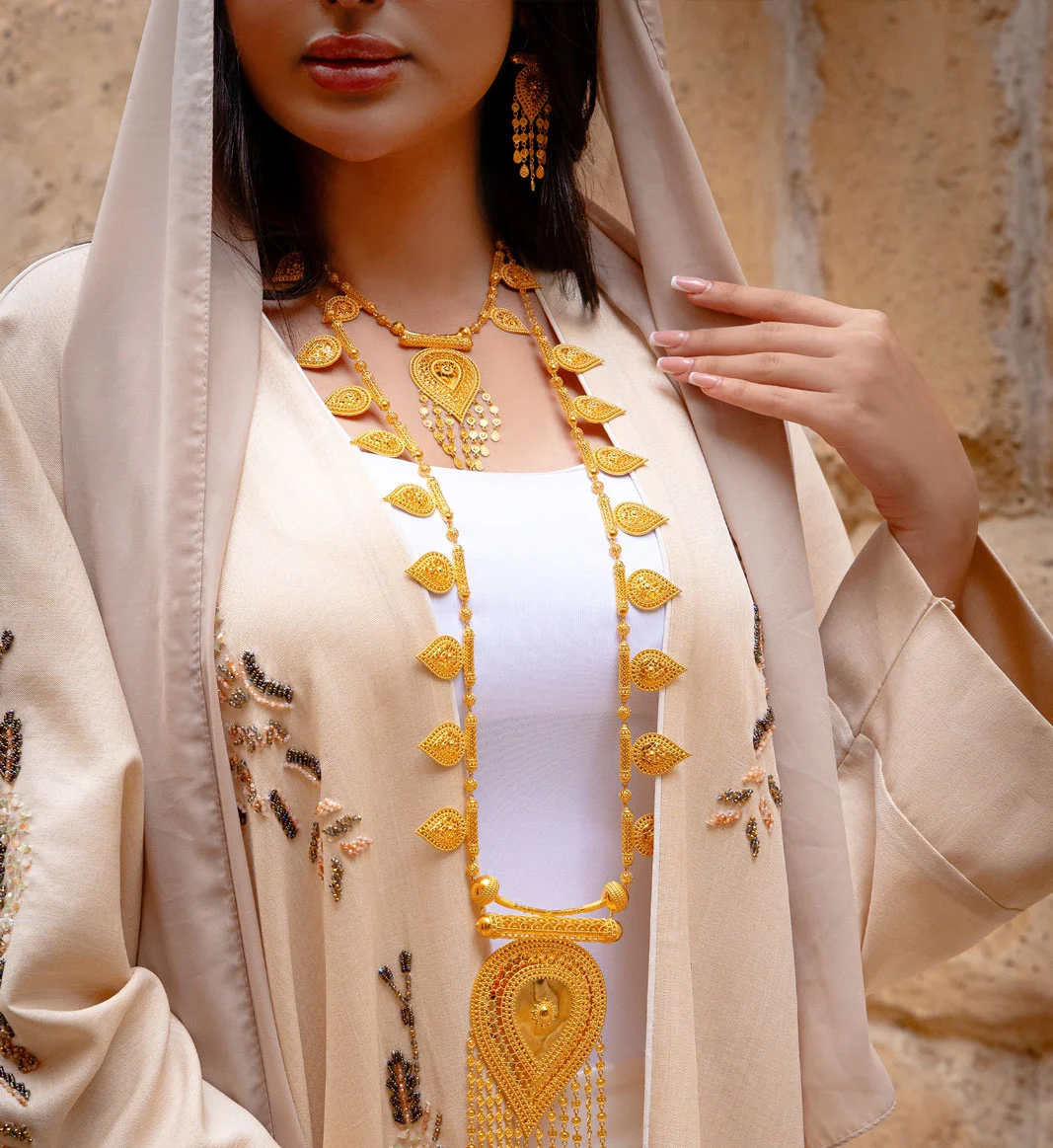
In an act that resonates far beyond the confines of a birthday celebration, Prince Ikeobi Daniel Ekwevi of Umueri has gifted the world an exclusive family recipe for a traditional Nigerian chocolate. This gesture, while personal, unlocks a door to a rich and often overlooked narrative about the very soul of chocolate itself. It challenges the global palate to look beyond the commercial bars that dominate supermarket shelves and to discover the profound origins and diverse expressions of this beloved treat. The story of chocolate is, in many ways, the story of human civilization, trade, and taste, and the Prince’s contribution adds a vital, authentic chapter.
From Ancient Ritual to Global Obsession
The history of chocolate begins not in a European factory, but in the ancient rainforests of Mesoamerica over 3,000 years ago. The Olmecs, Mayans, and Aztecs revered the cacao tree, believing it to be a divine gift from the gods. They consumed it not as a solid bar, but as a bitter, frothy drink called ‘xocolātl,’ often flavored with vanilla, chili peppers, and annatto. This beverage was integral to religious ceremonies, used as a sacred offering, and even served as a form of currency. Its value was immense. The Spanish conquest of the Americas in the 16th century introduced chocolate to Europe, where it underwent a dramatic transformation. Sugar and honey were added to counteract its natural bitterness, and it quickly became a luxury obsession among the aristocracy. The Industrial Revolution later mechanized its production, leading to the invention of the cocoa press and solid chocolate, democratizing its consumption and setting the stage for the global industry we know today.
The Nigerian Cacao Connection
While the consumption of chocolate originated in the Americas, its production is now overwhelmingly an African story. Côte d’Ivoire and Ghana are the world’s largest producers, but Nigeria holds a significant position as a major grower of high-quality cacao beans. The story of Nigerian cacao is one of both colonial legacy and post-independence resilience. Introduced in the late 19th century, cacao farming became a cornerstone of the agricultural economy in the southwestern regions. However, Nigeria’s role has historically been, like many producing nations, largely confined to the bottom of the value chain: supplying the raw material. The finished product—the value-added chocolate bar—and the immense profits it generates, have traditionally been created and captured elsewhere. This economic disparity is a central theme in the modern chocolate narrative, making the act of a Nigerian royal promoting a local chocolate recipe all the more powerful and symbolic.
Decoding the Recipe: A Taste of Terroir
The specific recipe released by Prince Ikeobi Ekwevi, while private, undoubtedly connects to this deeper African tradition of chocolate preparation. Unlike the highly standardized and sweetened milk chocolate common in the West, traditional African chocolate often highlights the pure, unadulterated character of the cacao bean. It might involve a process of fermenting, drying, roasting, and grinding the beans into a paste, which is then formed into blocks or balls. These are used to create a deeply rich and intensely flavored beverage, often spiced with local ingredients like ginger, cloves, nutmeg, or chili. This preparation method offers a taste of ‘terroir’—the unique combination of soil, climate, and environment that gives Nigerian cacao its distinct flavor profile, which can include notes of red fruit, earth, and robust cocoa. It is a far cry from the homogeneous taste of mass-produced candy and represents a more authentic, artisanal experience.
The Future of Chocolate is Artisanal and Ethical
The global chocolate industry is at a crossroads. A growing cohort of conscious consumers is demanding more: more transparency, more sustainability, and more authentic flavor. They are seeking out bean-to-bar chocolatiers who can trace a single-origin bar back to the specific farm cooperative where the beans were grown. This movement champions fair wages for farmers, sustainable agricultural practices, and the preservation of heirloom cacao varieties. The release of a traditional recipe by a figure like Prince Ikeobi Ekwevi feeds directly into this trend. It is a powerful form of advocacy for local value addition. By celebrating a Nigerian way of enjoying chocolate, he encourages domestic consumption, supports local farmers, and inspires entrepreneurs to build brands that can proudly carry the “Made in Nigeria” label onto the world stage. It demonstrates that the future of chocolate isn’t just about new flavors, but about old ones being rightfully honored and shared.
A Gift of Cultural Wealth
Prince Ikeobi Ekwevi’s birthday gift is, therefore, much more than a recipe. It is an invitation to explore the true depth of chocolate. It is a call to acknowledge the farmers whose labor makes it possible and to appreciate the cultural traditions that have nurtured it for centuries. In sharing this family secret, he has not just sweetened our palates; he has enriched our understanding of a global commodity, reminding us that every bar of chocolate contains within it a story of land, history, and people. This act ensures that the next time we enjoy this ancient food, we might pause to savor not just its taste, but its profound and complex journey.
Media and Press Inquiries: CONTACT STARS TALENT
2901 W. Bluegrass Blvd, Suite 200-27,
Lehi, Utah 84043







